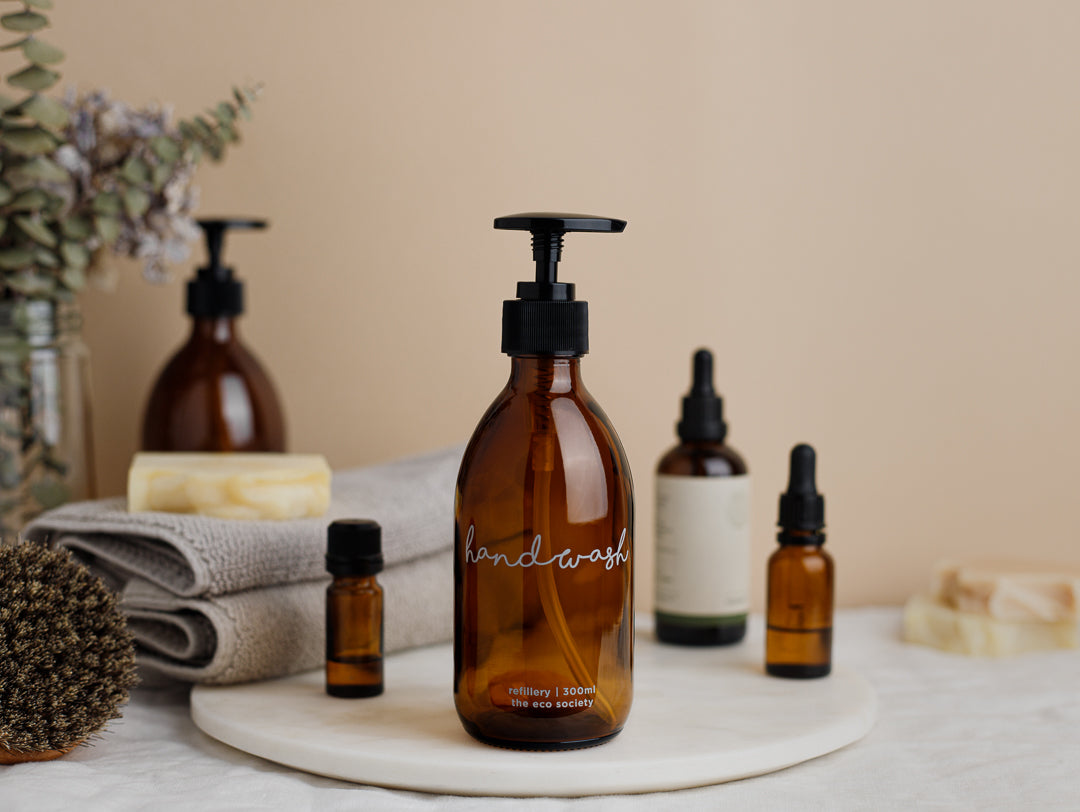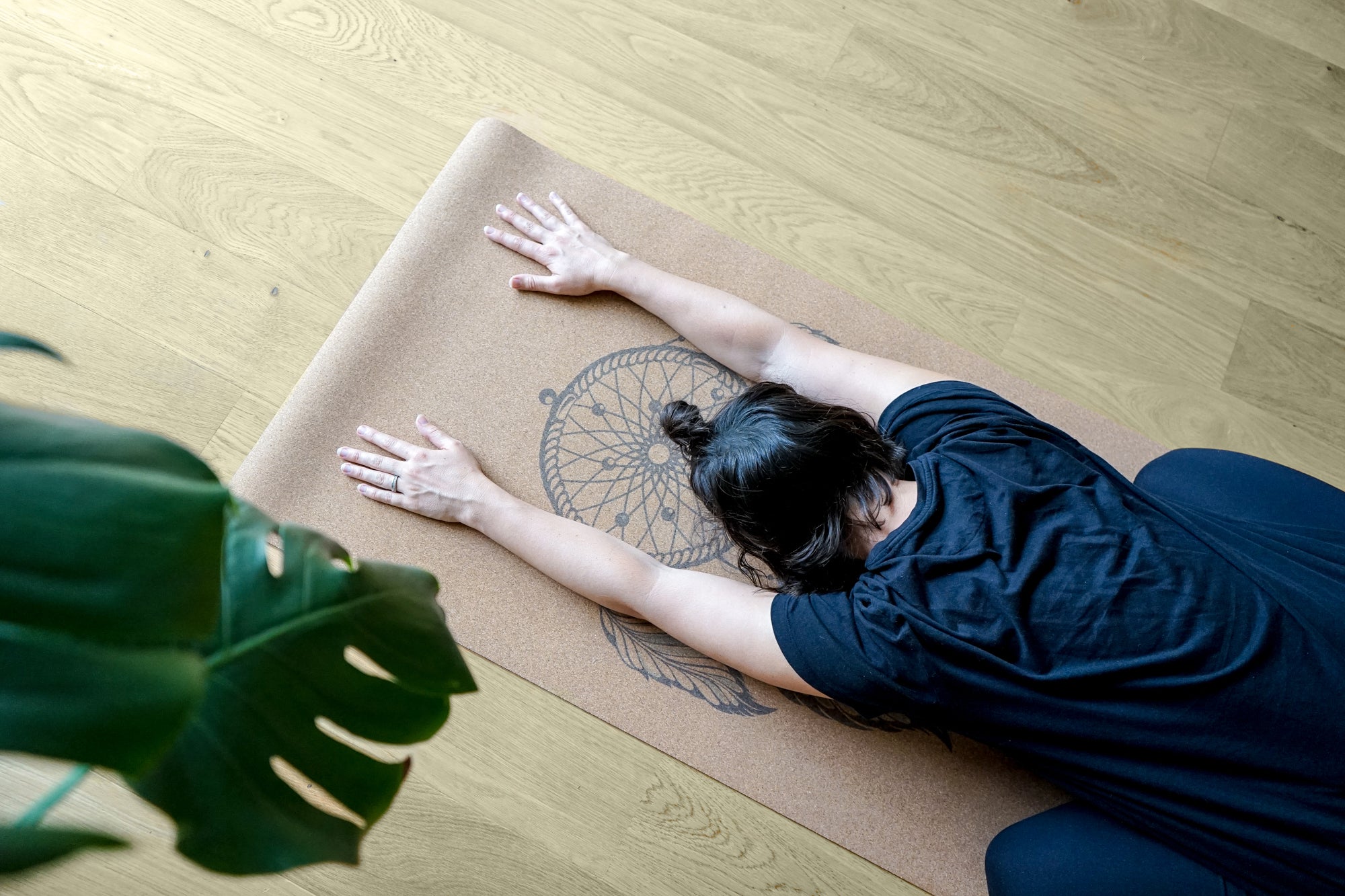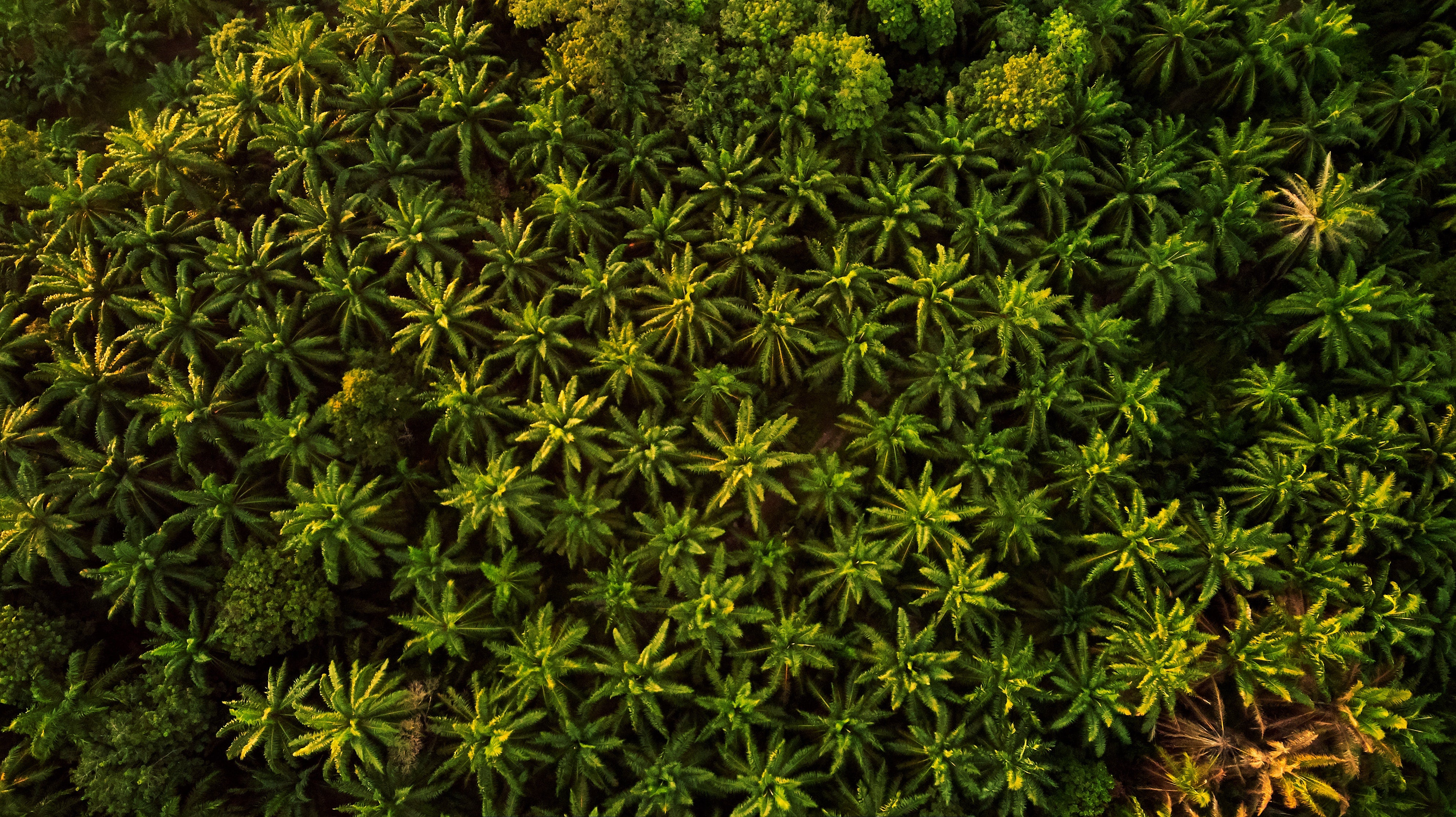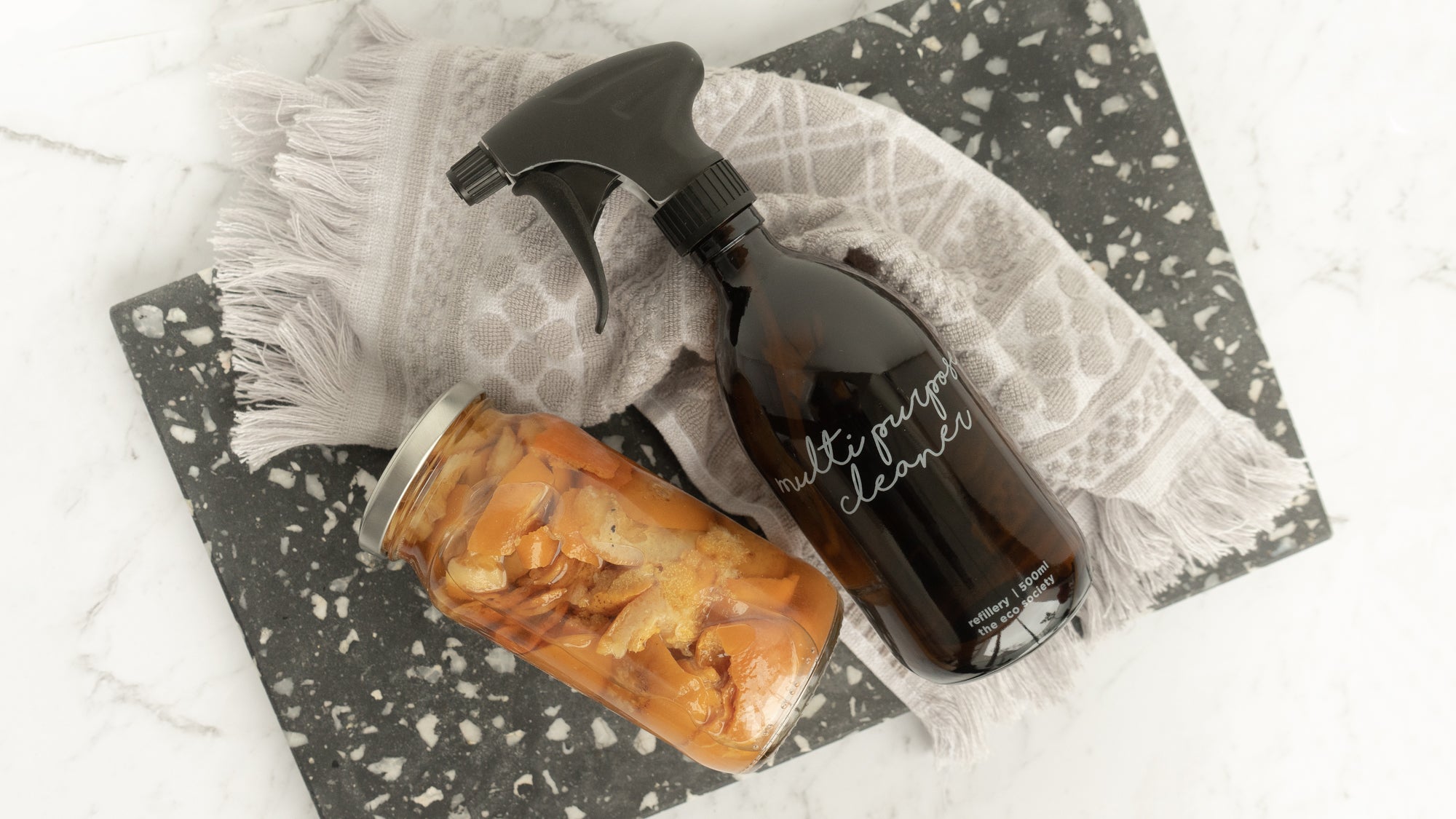Recycling is the process of converting waste materials into new materials and objects. I have been happily recycling most of my life, and I’m sure a lot of others out there are the same, but how much actually gets recycled, and is it the solution that we think it is?
I think we are slightly misled with the term “recycling”, and perhaps somewhat naïve as to what really happens to the waste we throw in the recycling bin. It’s easy to convince yourself that by recycling you’re reducing your environmental footprint, and why wouldn’t you? I mean, we’re told that recycling is good for the environment. And it should be.
Part of the problem is that we have an expectation that by recycling someone else, such as your local council or government, is taking care of your waste for you and that your responsibility ends there. This is not the mindset to have and saying ‘but we recycle’ is not really cutting it when it comes to helping the environment. Harsh!? Maybe, but hear me out.
There has been a bit of media coverage recently on the flaws of the recycling system, and the more I look into it, the more I’ve realised that at the moment recycling isn’t working. That’s not to say that the concept is bad, in fact, it could be a crucial part of the solution to our waste problem, but only if the system worked how it should.
Our recycling for the last the month. Paper bag full of paper, from mail, toilet paper wrap, receipts etc. Beer bottles & cans, tinned tomato cans, milk cartons, selection of cardboard, yes that is McDonald's packaging - paper only, we never get drinks and straws. And a stray cherry tomato plastic container - I might keep this for storage.
Have you ever wondered what happens to your recycling? According to the website make the most of waste, glass is all recycled in New Zealand where it is turned into new bottles, jars and sometimes used to build roads. Paper and Cardboard, if it is clean (emphasis on CLEAN), can be turned into a variety of new items here in NZ but it also gets shipped to parts of Asia for recycling. The same goes for aluminium and steel. Plastic is generally shipped to Australia or Southeast Asia to be recycled.
As you can see, while we recycle some materials here in Aotearoa, most things end up overseas as we don’t have the population to sustain the required recycling facilities. This increases the amount of energy used as part of the recycling process. The other thing I have found quite interesting is that the quality of glass, steel and aluminium does not degrade during the recycling process, so it can be endlessly recycled into new raw materials. Plastic, however, is not so good. There are many different types of plastic, but the lower the recyclable number the easier it is to recycle, and the higher the number the harder it is. It also loses its integrity every time it gets recycled, which means we need to use more virgin plastic and the plastic that's no longer recyclable ends up in landfill.
We’re also assuming that everything we put in our recycling bins gets recycled, but this is definitely not the case. According to the BBC’s latest article, about 8.3 billion tonnes of virgin plastic has been produced to date and of that, only 9% was actually recycled, 12% of it is incinerated and the remaining 79% goes to landfill or ends up in our environment. I don’t know about you, but that seems like a rather large discrepancy. Recycle NZ has said it is likely that only 50% of what you think is being recycled is actually recycled, which doesn’t seem much. And now that China has banned the import of other countries waste and recylcables (which is where all our plastic goes), I worry that that will reduce even further.
So why is so little of our “recyclables” actually being recycled? At the end of the day, it comes down to the cost of moving the material, storage, labour and recycling process, and unfortunately, it works out cheaper to put it in a hole in the ground. But I also found that we aren’t really recycling properly. The wrong items are being put in the recycling bins and items are not being cleaned. The recycling plants are not equipped to be able to clean items, so dirty products are picked out and sent to landfill, it contaminates other product and is hazardous to those working in the plants. The Auckland Council has this handy video which explains how a recycling plant works and what can and can’t be recycled. I suggest you check your local council guide for what can and can’t be recycled in your area.
Bails of plastic ready for recycling - as you can see there are a few that have come loose. Where will they end up?
Most recycling facilities in New Zealand are materials recovery facilities (MRF). This means that all our recycling goes into one bin which is dumped at the facility with everyone else's recycling. This increases the chance of it being contaminated by those who are not recycling properly, meaning that a lot of the items we think we are recycling, end up being contaminated and sent to landfills. This is where I think our current recycling system is failing us.
In Norway, they seem to have a more advanced and effective recycling system. They run a bottle deposit scheme where the consumer pays a handling fee, then on returning the clean and empty bottle to a recycling machine, you get your deposit refunded. The bottles are then returned to the manufacturer to recycle or re-use. The best thing about this is the manufacturers are taking responsibility for the waste they produce. If they join the scheme they pay less tax but also pay for the facilities. I would love to see more countries adopt this scheme, the current return rate in Norway it 97%, that is huge!

So why am I telling you all this? It's not to convince you to give up on recycling, in fact quite the opposite, rather I want you to rethink what role recycling plays in your waste minimisation efforts. I want you to know that recycling is a part of the solution, but you still need to be reducing the amount of waste you create, whether it’s "recyclable" or not. So what can we do to stop recycling becoming landfill!?
- Start by reducing your waste, go package free as much as possible, even if you think it can be recycled.
- Avoid plastic and go for options that can be endlessly recycled locally like glass, steel or aluminium.
- Refuse, reduce, reuse, and then recycle. Refuse and reduce items that are hard to or not able to be recycled. Reuse what you already have and then as a last resort recycle.
- Lobby your local Council and the government to do better, follow and support groups trying to make a change.
- If you are recycling, make sure you clean all your recyclables and learn what bins to put each type of material into, so as to avoid contamination of your recycling.
So what am I doing? This March we are going to try and reduce the amount of “recycling” we produce, and I would love for you to join us. Start by looking at your recycling and identifying products which you can cut out of your life altogether (or replace with a package free alternative), and those which you can reduce.
Remember, every little bit makes a difference.





